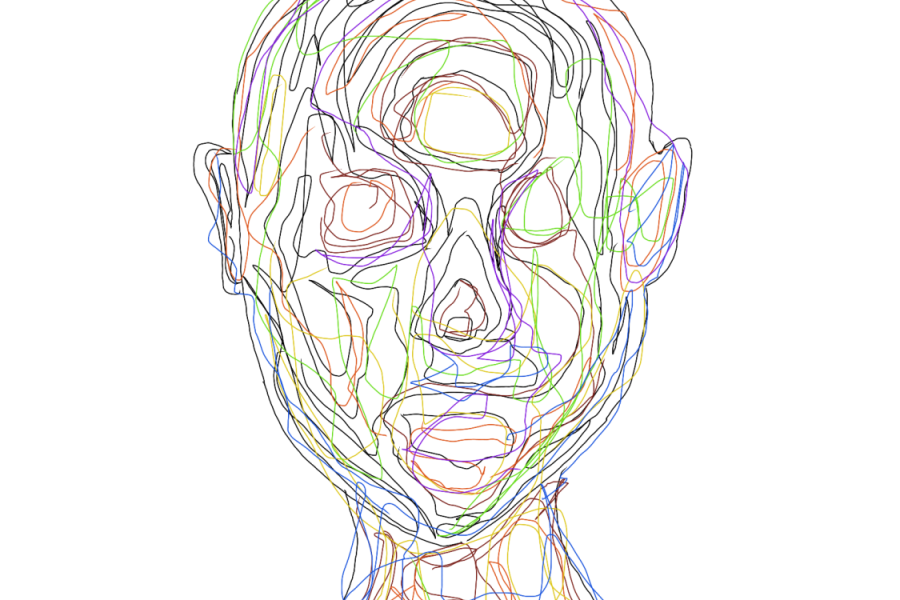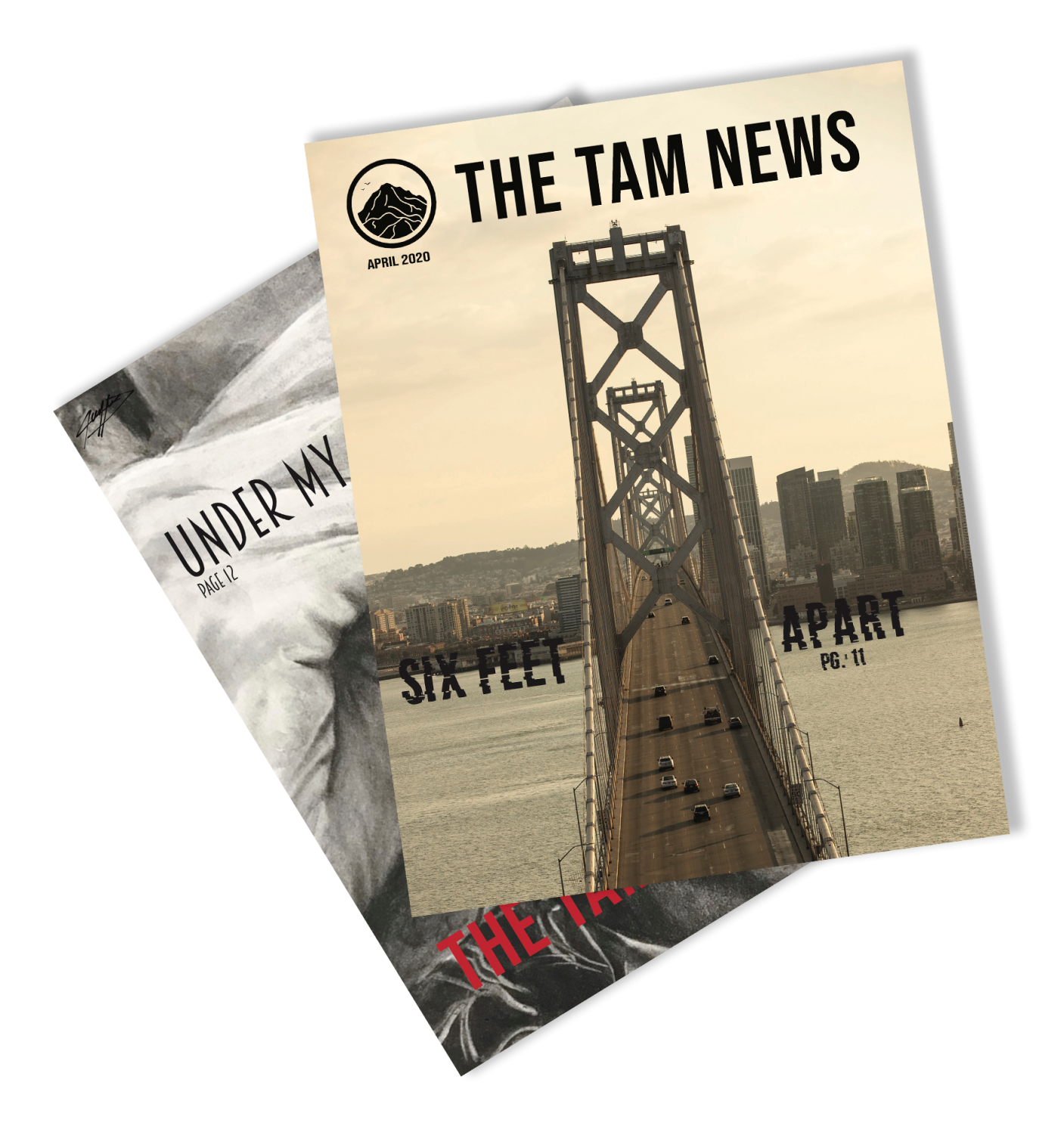An Outcast Among Outcasts
Apr 19, 2022
I am bisexual. But when I found myself sitting in a room, discussing queer rights, in a room full of queer people, I felt more uncomfortable than I do in the outside world.
I attended the Marin Teen Girls Conference this past weekend, as a member of the Teen Girl Ambassador team, who assembled the event. It was an incredible turnout, with numerous organizations and independent women contributing both their donations and time to put together a series of workshops. One of which was a socratic seminar regarding the life of a queer person, in which teens gathered to discuss our experiences in school, society, and on social media.
I was anxious for this workshop, as I don’t usually attend LGBTQ+ support groups or meetings. Although, as a representative of the community on the ambassador team, I felt compelled to participate.
I was one of the first to arrive. The mediator of the workshop greeted me warmly, and my nerves began to settle. The room slowly filled up, with people wearing all sorts of thrifted clothing, dyed hair, piercings, etc. I continued to feel comfortable, and was starting to introduce myself to the others.
One girl turned to me, and asked what my sexuality was. When I responded that I was bisexual, she raised her eyebrows. “Oh. You don’t seem like the type,” she said, before turning her back to me.
What was that supposed to mean? I had heard this before, but never from someone who identified as queer themself. What about my appearance denied my sexuality?
The discussion began with this girl being one of the dominant voices in the conversation. It was like a pinball machine gone haywire. The entire group was contributing, but as it gained momentum, the ball was only passed between three or four voices.
The topic of what it meant to express yourself as a queer person soon arose. I was interested to hear everyone’s thoughts, and how they might express their sexuality differently.
But it was pretty uniform. They all had similar styles, interests, and comfort levels with their identity. They discussed how these attributes lead to being outcasted in mainstream society, and how they were treated differently based on assumptions about their identity.
Personally, I rarely encounter discrimiation because of my sexuality without the mention of ;it. Perhaps, because I dress and live the stereotypical lifestyle of a straight woman, I fly under the radar. Those who have the strength or interest in dressing differently or experimenting with makeup and hair, have more encounters of oppression.
I acknowledge this, but I feel that I undergo a lesser-discussed or known version of it: prejudice or exclusion in the LGBTQ+ community because I do not share the outward expression.
In that conversation, I felt as though my contributions, if any, were invalid. I never attended queer groups in the past, because I was scared of this phenomena happening: Feeling rejected by those who are supposed to support you. If I question my state of sexuality in a conversation with queer people, it should not be on the basis of feeling like I don’t belong in the community.
I realized I was bisexual relatively early on—13 years old, give or take a few years. When I came forward about it to my close friends, they relayed similar comments to the one at the conference: “You don’t seem like the type.”
I felt this early on from the LGBTQ+ community as well, although more subliminally.
In my freshmen year, I attended San Francisco’s Pride Parade. I remember seeing all the flashing colors and sparkles and costumes and feeling like they weren’t people I resonated with. But I was supposed to, right? Because that is my community.
Right?
I remember having my pride flag wrapped around my shoulders, looked down upon by passersby because what I wore underneath didn’t match the sentiment.
For lack of a better word, I felt like a poser.
It’s counterintuitive, for queer folks to outcast me for not fitting into stereotypes of what a queer person should look like. But it happens.
I’m not on Tik Tok, but I downloaded it to watch videos under the bisexual hashtag. It was filled with teens sporting the same alternative lifestyle, decor, clothing, makeup, and hair. I celebrated them, and truly enjoyed seeing the creativity in the community. However, it is only unifying among a specific sector of bisexuals.
I want those to continue to develop their expression of their sexuality, but I also want them to realize that just because someone may not experience society in the same way, it does not mean they don’t need support from the community.
Do not ostracize queer folks for not being ready to dress, or not ever dressing in a way that is particularly expressive, or that follows the trend of the community. Do not be like those you spite; the ones who outcast you for being different. I love the LGBTQ+ community, but I feel a lack of support.
I am bisexual, and I shouldn’t have to prove that to a straight person, much less a person in the queer community.
Period.




